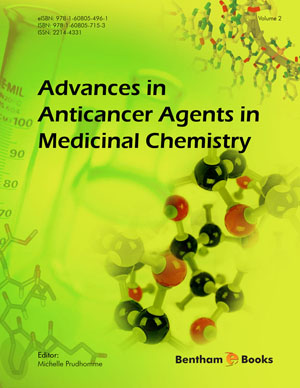Abstract
The unquestionable therapeutic success of the anticancer drug cisplatin and its second and third generation analogues has triggered, during the past fifty years, the development of several metal-based potential chemotherapeutic agents, most of which have unfortunately failed to enter clinical trials. In this context, since the late 1990s, the Biomedicinal Chemistry Research Group at the University of Padova (Italy) has been making quite an effort to design a number of metal-dithiocarbamato derivatives that were expected, at least in principle, to resemble the main features of cisplatin together with higher activity, improved selectivity and bioavailability, and reduced side-effects. Among all, some selected gold(III) complexes have been showing outstanding in vitro and in vivo antitumor properties and negligible (or even no) acute and renal toxicity, compared to the reference clinically-established platinum drugs.
Starting from the rationale behind such investigations, results achieved to date are here summarized, focusing on the in-depth mechanistic studies that have been providing insights into the mechanism of action of this class of metal compounds. New prospects opened up by these anticancer agents, including the latest development of “second generation” gold-based peptidomimetics for the targeted chemotherapy, are also illustrated and discussed.
Keywords: Gold, dithiocarbamate, anticancer activity, metallodrug, proteasome inhibitor, nephrotoxicity, peptidomimetic, drug delivery, targeted chemotherapy.






















